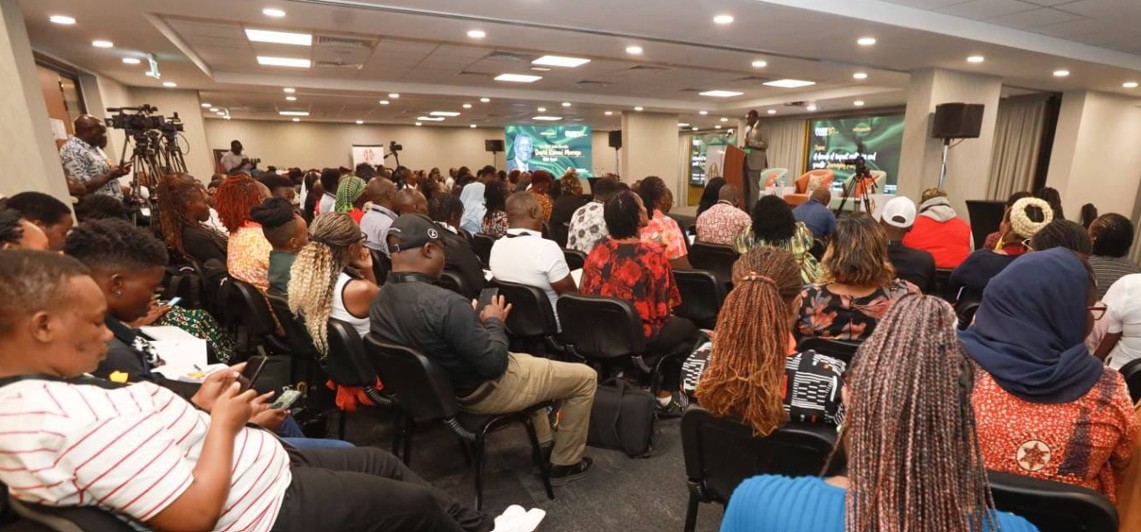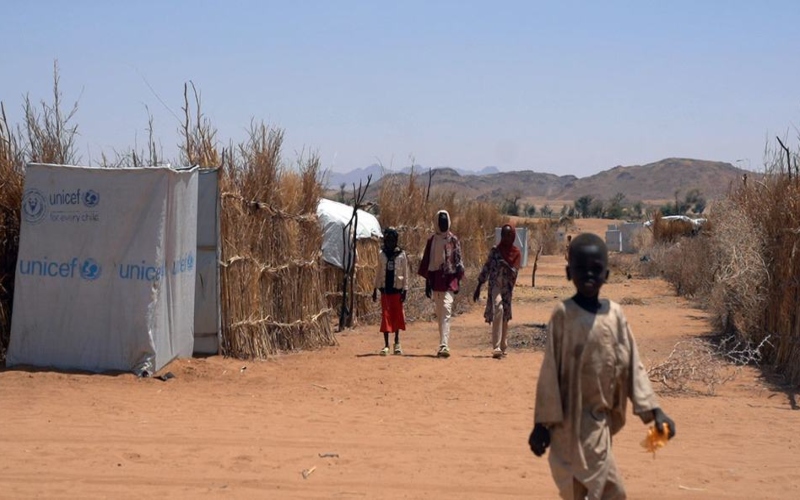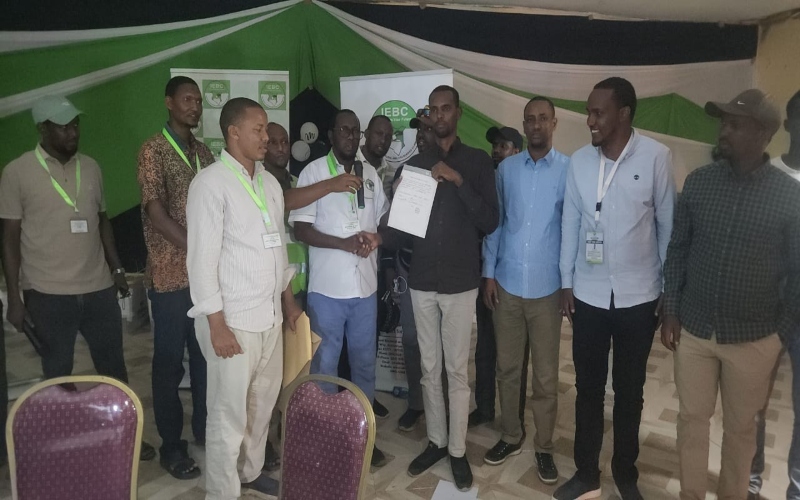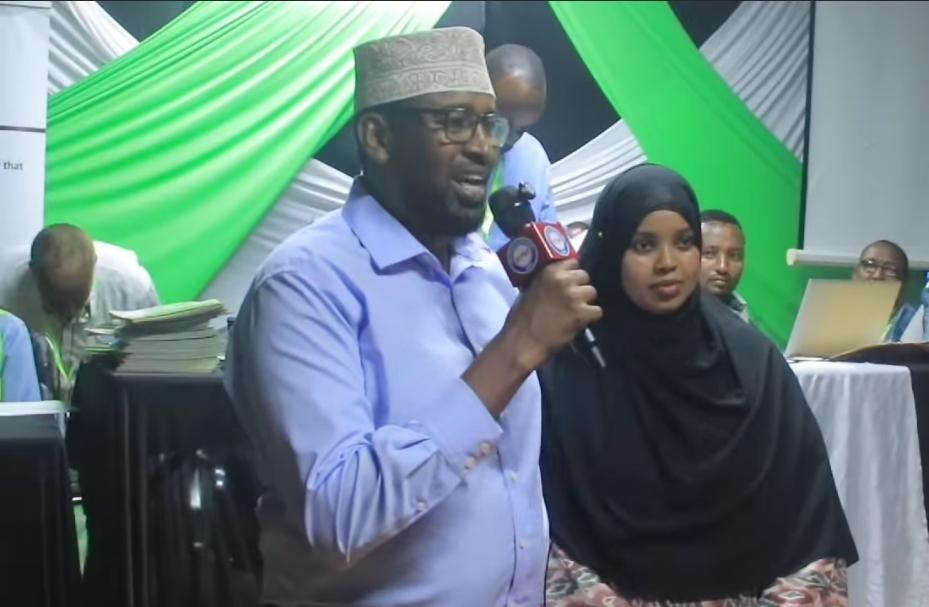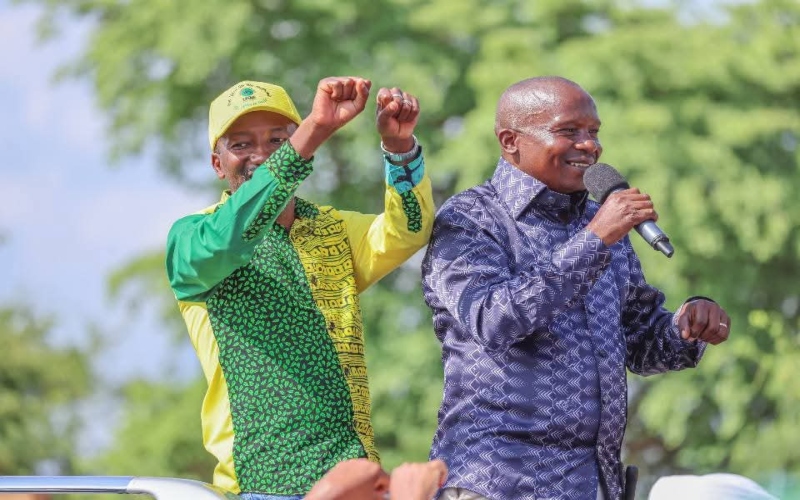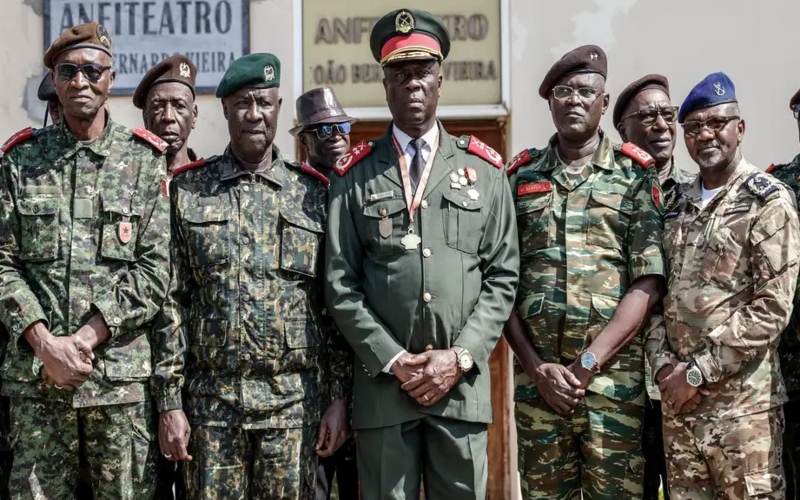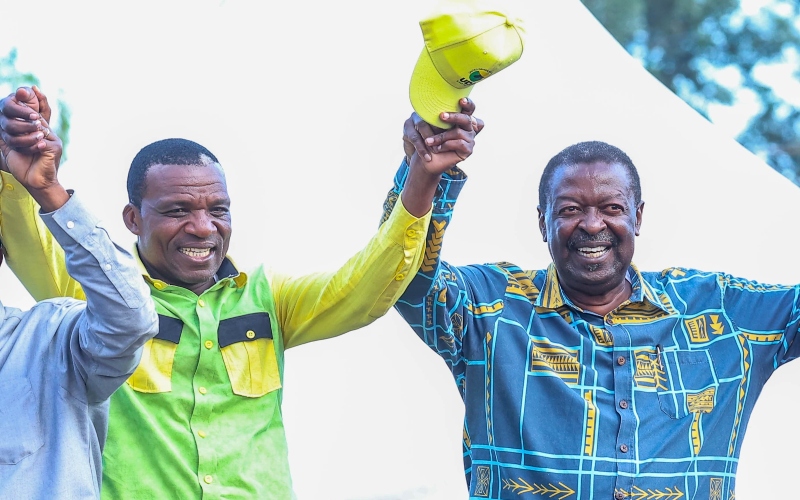Counties intensify pressure on national government over park revenue-sharing model
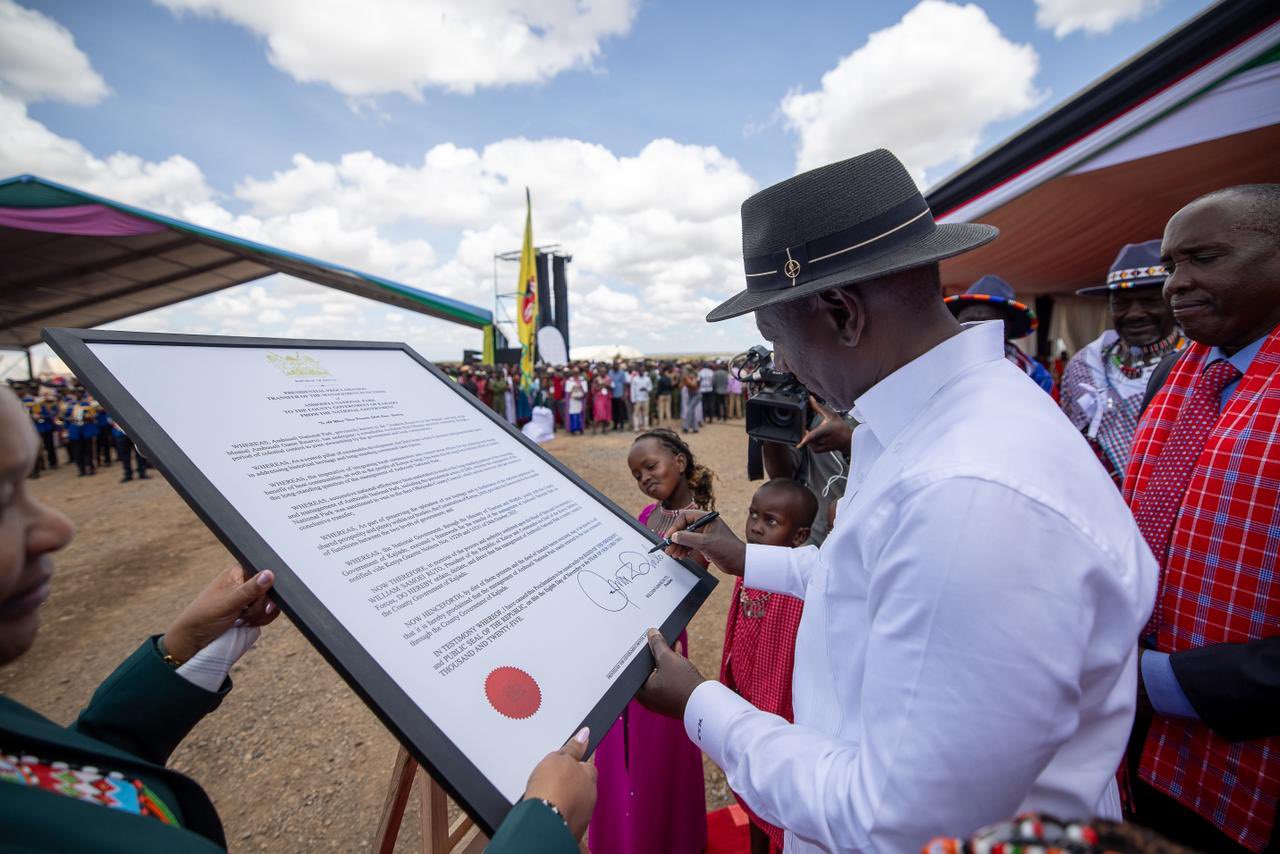
The push follows the recent handover of Amboseli National Park management to Kajiado, allowing the county to oversee tourism operations and directly collect revenue.
Pressure is mounting on the national government as several counties call for a portion of the income generated by Kenya’s national parks.
The push follows the recent handover of Amboseli National Park management to Kajiado, allowing the county to oversee tourism operations and directly collect revenue, while Kenya Wildlife Service (KWS) and other national authorities maintain supervisory roles.
More To Read
- KWS launches 15-day rhino ear-notching, tagging operation in Tsavo West
- Lewa, KWS launch vulture tracking project to boost raptor conservation
- Amboseli National Park welcomes rare twin elephant calves
- Conservationists demand probe into relocation of orphaned giraffes from Wajir to Nanyuki
- Wajir South MP condemns relocation of orphaned giraffes to Nanyuki
- KWS moves reticulated Somali giraffes from Wajir to Nanyuki in major conservation effort
With this, Kajiado joins Narok County, which manages the Maasai Mara Game Reserve and collects billions of shillings each year.
Nairobi County is now seeking a similar arrangement.
Governor Johnson Sakaja told the Senate’s Devolution Committee that his administration has been advocating for a share of revenue from Nairobi National Park.
“We will be making a case in the same way the Maasai Mara is managed by Narok county, and the same way Amboseli was handed to Kajiado. Nairobi National Park, which encompasses nearly one-eighth of the county, should follow suit,” Sakaja said.
Sakaja argued that the city carries the costs of hosting the park, which occupies valuable land that could otherwise be used for housing or infrastructure development.
“I saw a big function in Kajiado when they acquired Amboseli. We have written several letters. In fact, the first proposal by the President was a 50-50 revenue-sharing model,” he said. He added that Nairobi city authorities could generate substantial revenue even by simply charging land rates on the park’s property. “Even if we only charged land rates for that entire piece of land, it would be a significant amount,” he noted.
Beyond Nairobi, Taita Taveta county leaders are also pressing for revenue from the Tsavo National Parks.
Governor Andrew Mwadime cited a presidential pledge and the park’s large footprint, covering over 60 per cent of the county, as reasons for sharing income.
In recent discussions, Mwadime has pushed for a 50/50 revenue division, quicker compensation for victims of human–wildlife conflicts, and collaborative projects such as extending the Mzima Springs water initiative.
He expressed frustration at delays in implementing these commitments, saying they have increased political tensions in the county.
In 2023, President William Ruto announced that host counties would receive half of all revenue from national parks to improve community livelihoods.
“I have directed that all revenues from our national parks and game reserves should be divided equally between host counties and the national government,” he said.
President Ruto acknowledged that Taita Taveta, home to Tsavo East and West, Kenya’s largest and oldest protected areas, has not benefited fairly despite the parks generating around Sh60 billion annually.
“I know other counties are getting a share from conservancies, and I agree that this region needs to get its rightful portion,” he added.
Top Stories Today

